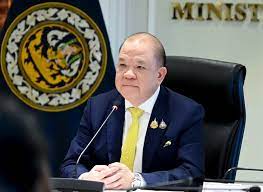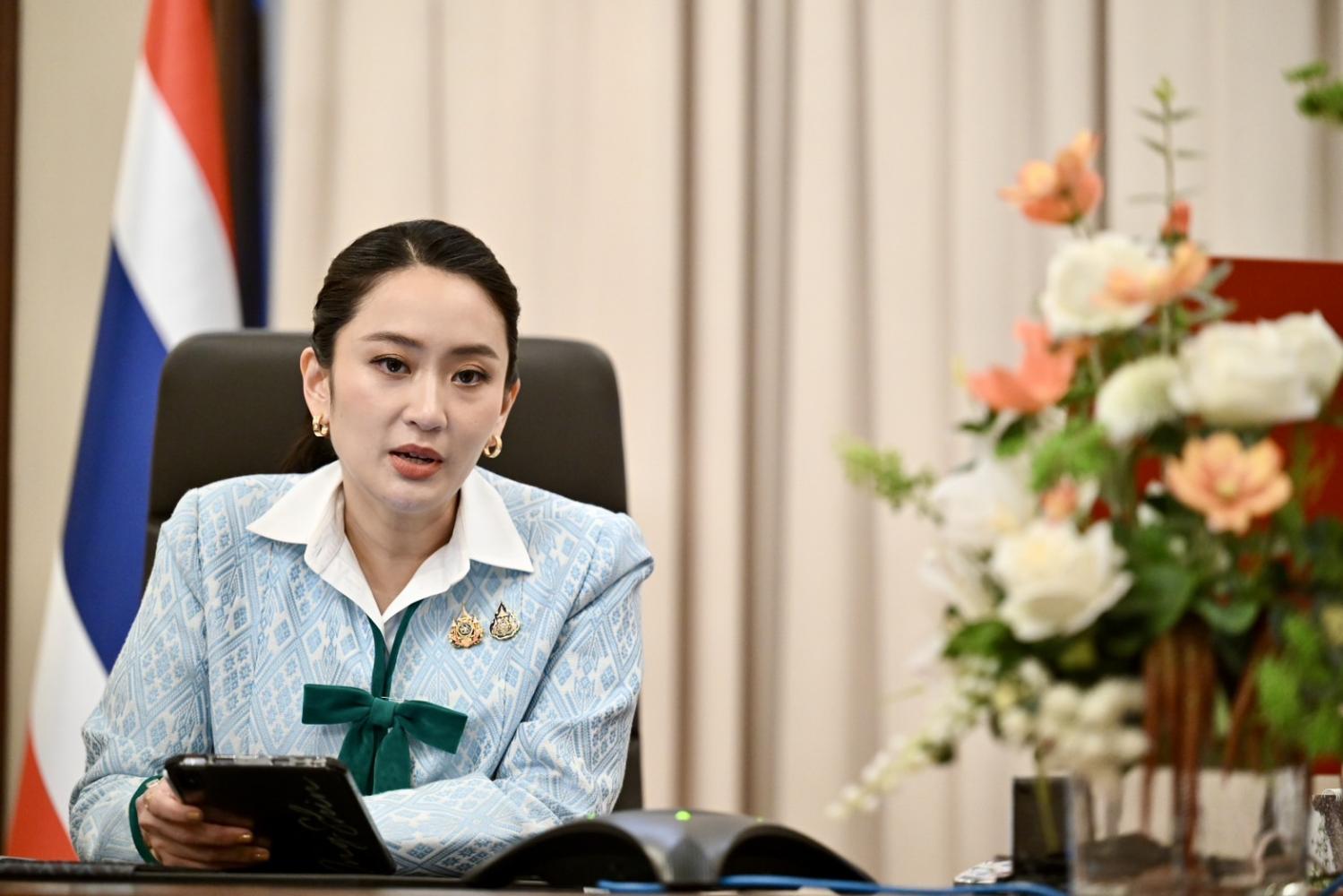On December 4, 2024, Commerce Minister Pichai Naripthaphan met with Mark Gooding, the British Ambassador to Thailand, at the ambassador’s official residence in Bangkok. The primary focus of their discussions was to enhance economic, trade, and investment cooperation between Thailand and the United Kingdom.
Exploring a Thailand-UK Free Trade Agreement
Feasibility of an FTA
During the meeting, both parties explored the feasibility of establishing a Thailand-UK Free Trade Agreement (FTA). This initiative aims to bolster bilateral trade and investment, aligning with the economic policies of both governments to strengthen their economic ties.Key Discussion Points:
- The importance of creating a favorable business environment.
- Facilitating trade and investment through the Joint Economic and Trade Committee (JETCO) at the ministerial level.
Commitment to Expanding Trade and Investment
Enhanced Trade Partnership (ETP)
The discussions emphasized a mutual commitment to expanding trade and investment under the Enhanced Trade Partnership (ETP). This collaboration includes key sectors such as:
- Agriculture
- Food and Beverages
- Investment
- Tourism
- Health Care
Both nations recognize their complementary resources and capabilities in these sectors, which can lead to fruitful collaboration.
Previous Agreements and Future Meetings
Memorandum of Understanding (MoU)
Earlier in September 2024, Pichai and UK Trade Minister Douglas Alexander signed a Memorandum of Understanding (MoU) in Bangkok. This agreement signifies both parties’ readiness to host a second JETCO meeting in 2025, coinciding with the 170th anniversary of diplomatic relations between Thailand and the UK.Future Goals:
- Review progress on trade initiatives.
- Strengthen partnerships across various sectors.
Importance of Strong Trade Partnerships
Foundation for Future Negotiations
Pichai highlighted the significance of a robust trade partnership as a foundation for future FTA negotiations. He expressed optimism that an FTA would significantly boost bilateral trade and investment, fostering sustainable growth.Business Support:
- Businesses from both countries have consistently advocated for initiating FTA negotiations to expand trade opportunities.
Support from the UK for Thailand’s OECD Application
Acknowledgment of Assistance
During the discussions, Pichai extended his gratitude to the UK for supporting Thailand’s application to join the Organisation for Economic Co-operation and Development (OECD). He reiterated the Ministry of Commerce’s commitment to facilitating smoother foreign trade and investment in Thailand.Target Industries:
- Electronic data processing equipment
- Data centres
- Pharmaceuticals
- Medical devices
Current Trade Relations Between Thailand and the UK
Trade Statistics Overview
In the first ten months of 2024 (January–October), the United Kingdom ranked as Thailand’s 22nd-largest trading partner globally and fourth in Europe, following Switzerland, Germany, and the Netherlands.Trade Volume:
- The total trade volume between Thailand and the UK reached US$5.54 billion, with Thailand recording a trade surplus of $1.37 billion.
Strengthening Economic Ties
The meeting between Commerce Minister Pichai Naripthaphan and UK Ambassador Mark Gooding underscores a shared commitment to enhancing economic cooperation between Thailand and the UK. With ongoing discussions about a potential Free Trade Agreement and collaborative efforts through JETCO, both nations are poised to strengthen their economic ties further in the coming years.









